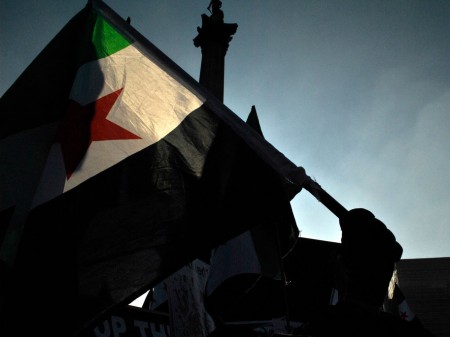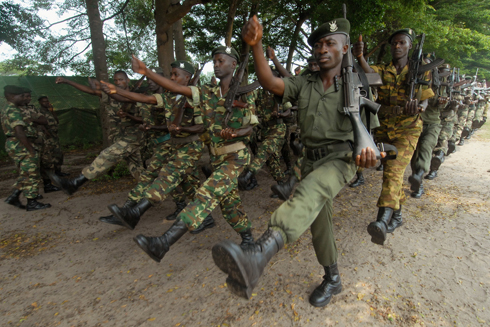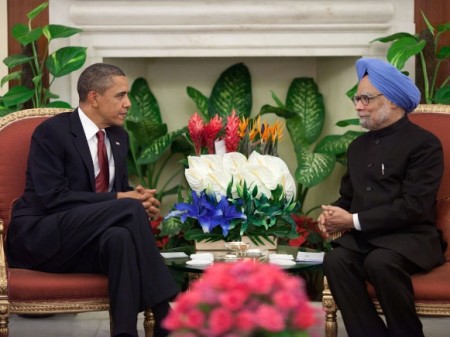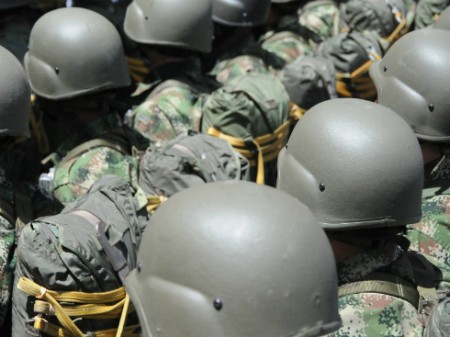
The Syrian rebels and their support networks use social media for a variety of purposes including self-promotion, fundraising, directing attacks, and exchanging tactics. While the rebels would still be able to operate in the absence of social media, their financing and combat capabilities would be diminished, as would the influence of some high-profile rebel leaders.
Fundraising
Social media plays a central role in the fundraising efforts of both rebel groups and of Gulf-based private funders such as the Kuwaiti Haia al-Shaabiya l-Daam al-Shaab al-Suri (The Popular Commission to Support the Syrian People). This financial network is run by two young Kuwaiti religious sheikhs, named Hajaj al-Ajmi and Irshid al-Hajri. During a late-May 2012 interview, al-Ajmi discussed his efforts to arm and fund Syrian rebel groups, both in the Free Syrian Army and the Salafist Ahrar al-Sham network. Al-Ajmi emphasized the power of Twitter where, at the time, he had over 42,000 followers, many of whom retweet his religious guidance and appeals for funds. Today, al-Aljmi boasts over 120,000 Twitter followers who receive his tweets encouraging donations.




